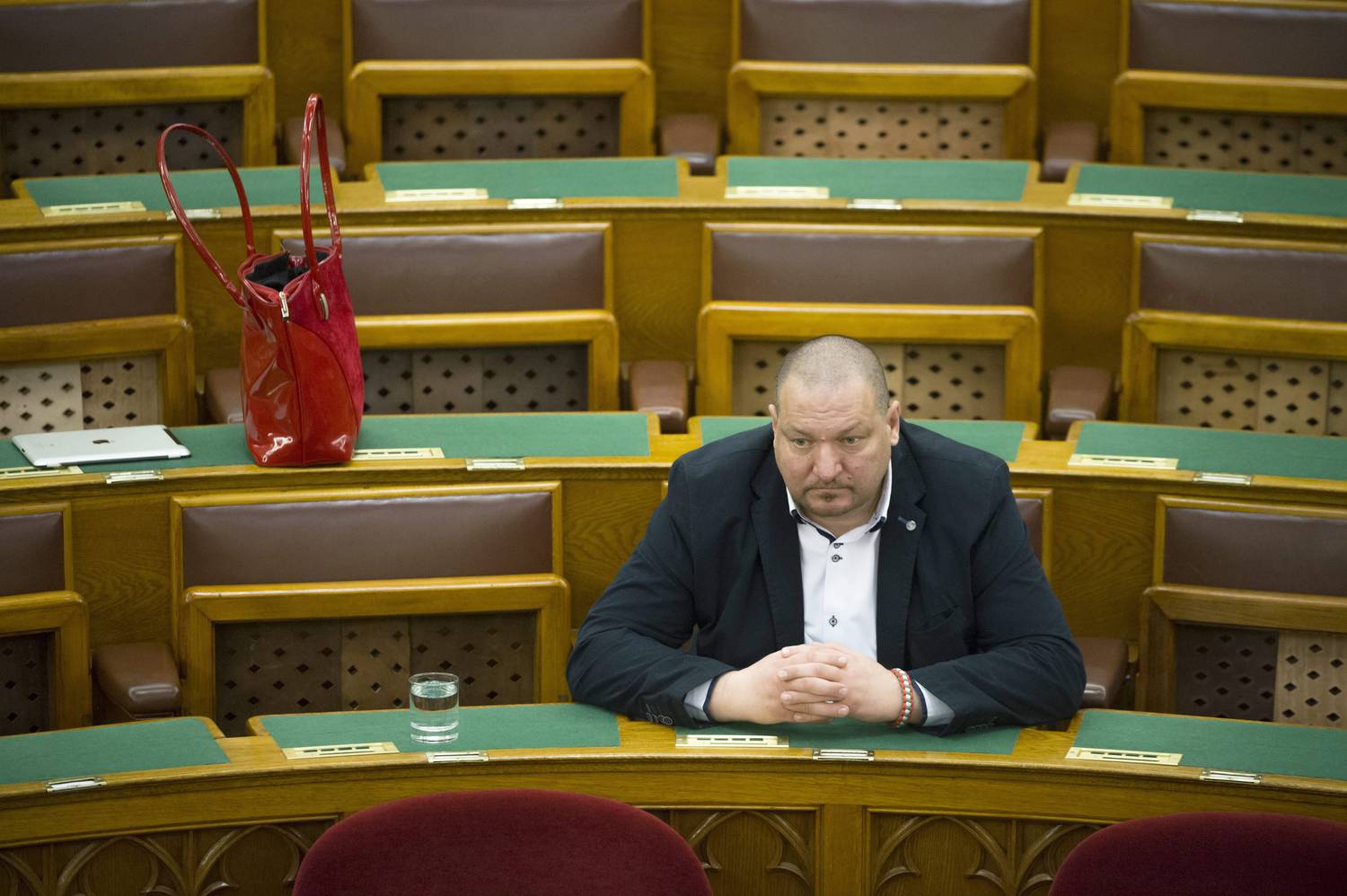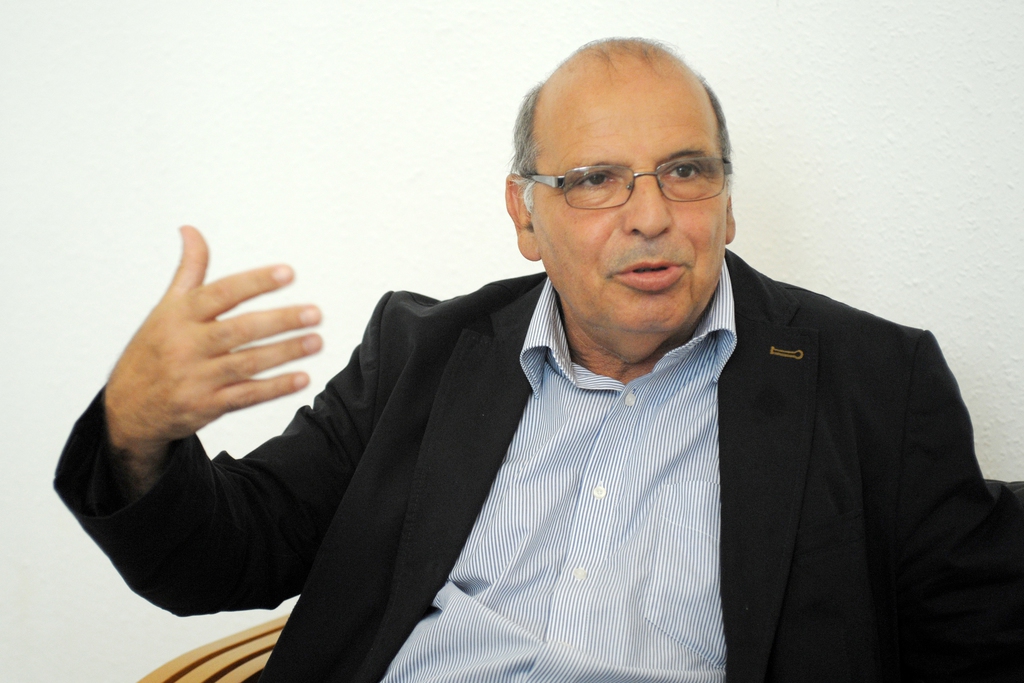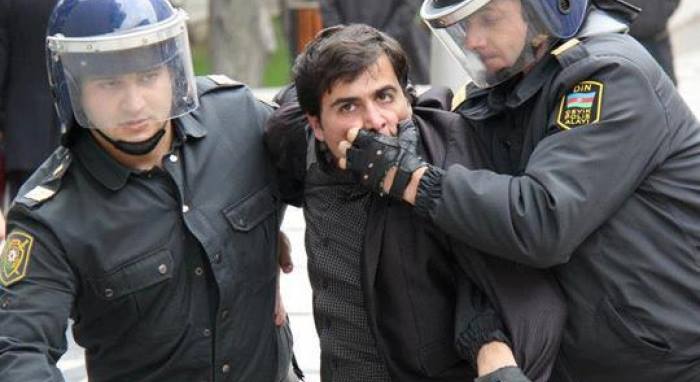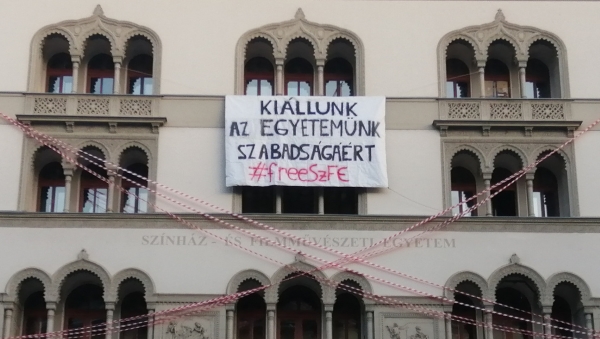The recently aired ideas of a government which is hiding its own actions more and more from the public do not serve the aim of transparency: the goal is intimidation. Participation in public life and discussion of public affairs is an explicit mission of civil society. In fact, by providing sufficient information the government would be obliged to support civil society’s expression of opinion.
The operation and financing of attacked NGOs is publicly available. The representatives of public power must be more transparent than NGOs that deal with public affairs. The government that is making its own actions more and more secret has doubtful moral foundations to ask for transparency. It accuses NGOs of exerting an influence on public life as if presenting one’s opinion to convince other citizens were a sin. Meanwhile, in government communication the word “foreign” is being used pejoratively in the 21th century. Expression of opinion in this climate is being made conditional on whether one is supportive of the government or not.
Most likely, the NGOs that have come under fire act properly if they fight back. Based on what we have seen so far, the government respects strength and resolve but interprets readiness to compromise as submission.
In choosing the best answer one has to take into account the following:
1. It is not only a possibility but the explicit mission of civil society to take part in public affairs, in other words to discuss politics. Civil society often ensures the representation of morally firm minority opinions.
2. The operation of NGOs is based on fundamental rights granted for all. Every citizen has the right to take part in public affairs and to express their opinion based on freely available information. To pursue this aim everyone has the right to establish organisations based on the freedom of association. No one affected by public decision making can be denied this right. The right to take part in public affairs can be exercised individually as well as together with others, e.g. in the framework of human rights NGOs. It is a flagrant fallacy to demand democratic legitimation obtainable through elections from civil society.
3. The extent of the freedom of expression is not the same for the government and for parties and civil organisations. The government has no fundamental rights. Its activities are based on its constitutional responsibilities and powers. It is obliged to preserve and protect constitutional values, the rule of law, democracy and human rights. As opposed to the government, civil organisations are subjects of fundamental rights and thus they are freer. Their freedom of expression of opinion, regardless of content and values, is protected as long as they do not violate the rights of others.
The government cannot expect NGOs to support its policies. Quite to the contrary, those in public power have to stand critical opinion and social control to a greater extent.
4. Since today there is no honest dialogue between the government and NGOs, there is nothing to discuss. Of course, those who take part in the discussion of public affairs and try to influence public discourse have to show more of themselves and of their functioning than private citizens. Politicians and NGOs that have a political agenda must have a higher level of tolerance. The demand for transparency can be met by legal instruments but since they restrict fundamental rights (e.g. privacy, protection of personal data) these instruments have to stand the constitutional test. No instrument that restricts fundamental rights more than necessary can be resorted to. Injury caused by restriction must be proportionate with the benefits gained by it. Blacklisting NGOs that get financial support from abroad surely does not stand the test of necessity. To oblige the leaders of NGOs, who do not have public power and do not spend public money, to declare their assets is certainly an unsuitable instrument to achieve the above aims.






